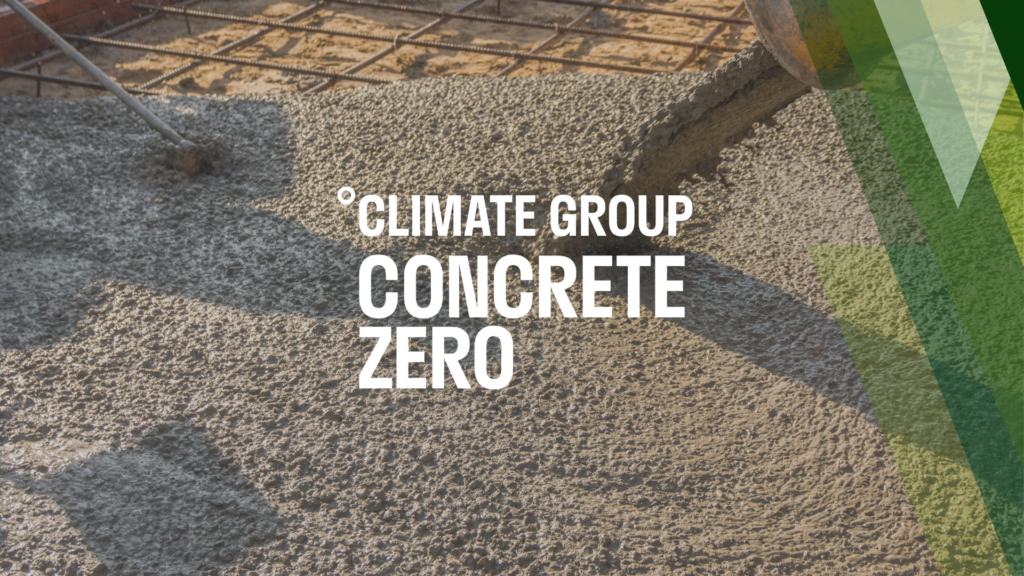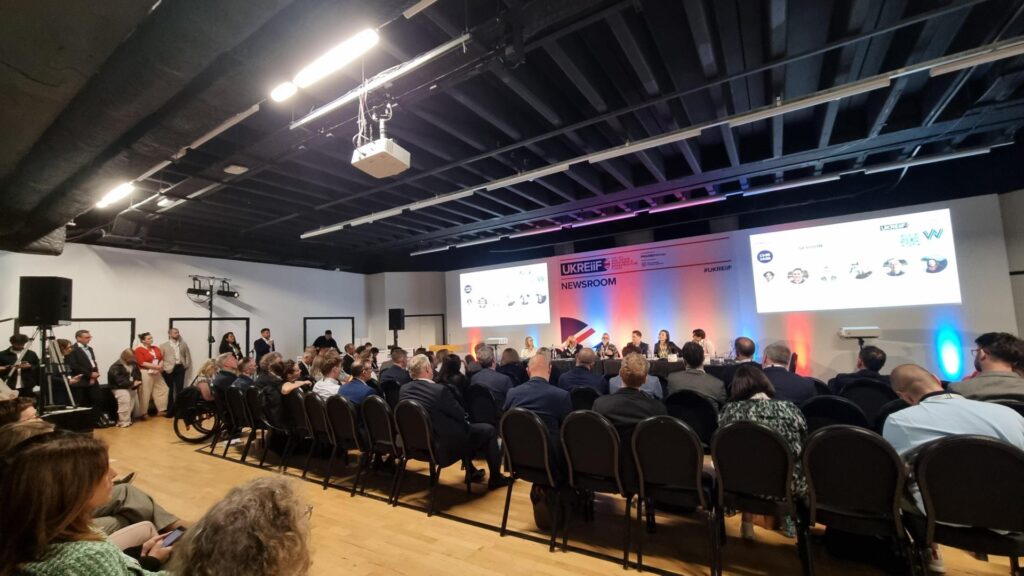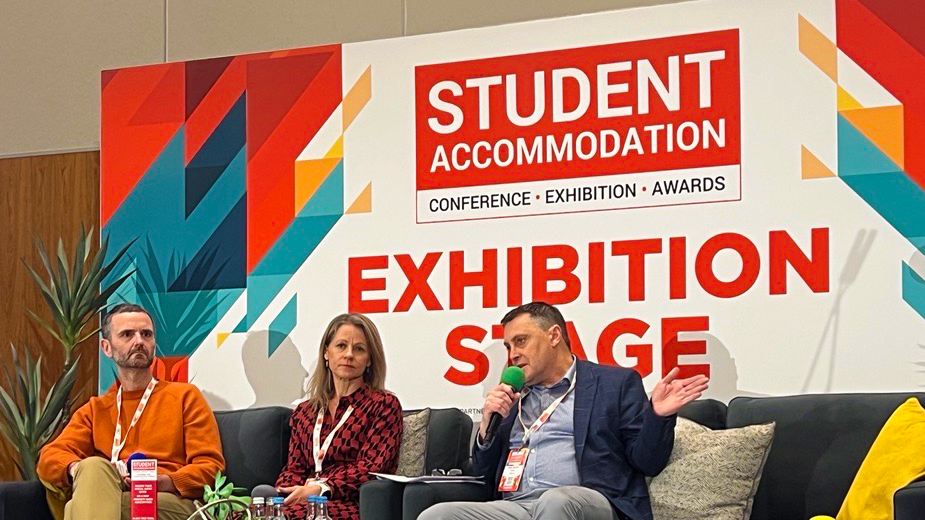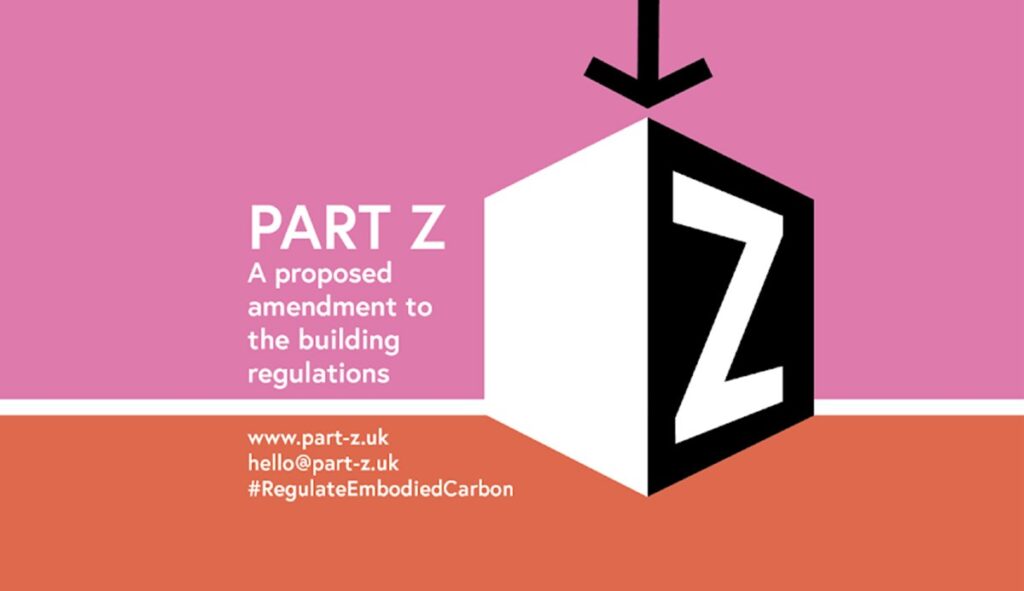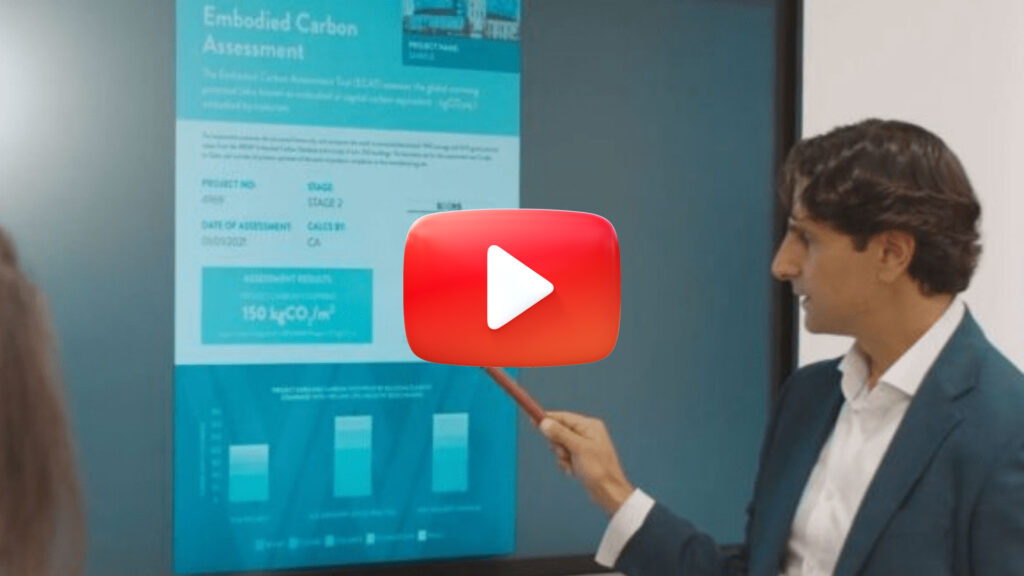Maddie Groves, Senior Geotechnical Engineer, took to the stage at the recent Ground Engineering Piling and Foundations Conference, contributing to the Net Zero, Decarbonisation and Sustainability in Piling panel alongside other leading voices in the industry.
The conference brought together professionals from across the geotechnical and piling sectors to explore how we can build a lower-carbon future. It highlighted the leadership within our field in tackling carbon challenges, offering both strategic insights and real-world innovation.
The Building Safety Act (BSA) has brought major changes to compliance and project delivery. But what does it mean for sustainability? The panel raised important questions around whether stricter submission requirements and tighter programmes could unintentionally encourage risk-averse design, stalling optimisation and innovation in foundation solutions.
Others saw opportunity: could the BSA drive earlier engagement with contractors and specialists, giving geotechnical teams a stronger voice in designing low-carbon foundations from the outset. What’s clear is that the industry must work to ensure regulation becomes a driver of innovation, not a barrier to it.
why do whole-life carbon assessments matter more than ever?
Whole-life carbon thinking is becoming central to foundation design. A solution like foundation re-use might be the most efficient technically, but how does it affect structural strategy and future flexibility?
The panel discussed the need for integrated collaboration between geotechnical engineers and the wider team. Only with accurate embodied carbon data and clear project goals can we assess the full sustainability impact of each option – and design for both today’s needs and tomorrow’s opportunities.
MAKING THE CASE FOR Early Geotechnical Involvement
Many lower-carbon solutions – from phased site investigations to leaner piling systems – depend on early-stage geotechnical input. Yet that input isn’t always sought soon enough.
The panel reflected on what’s needed to shift mindsets and make early engagement standard practice. Is it policy? Funding pressures? Or client-side ESG demands? Whatever the route, collaboration and evidence-based design will be key.
The Walsh Approach: Practical SUSTAINABILITY, PROJECT BY PROJECT
At Walsh, we focus on delivering measurable carbon savings through practical engineering. From reusing foundations on complex urban sites, as we have done on the award-winning 9 Millbank, to delivering optimised piling and temporary works design at Wandsworth Mills, we embed sustainability into everyday decision-making.
Maddie’s contribution to the panel was an opportunity to share some of these experiences – and learn from others working to move the industry forward.
Continuing the Conversation
Events like the Ground Engineering Piling and Foundations Conference are vital for exchanging ideas, sharing best practice, and accelerating progress. Thank you to Maddie for her insight, leadership, and thoughtful contributions to this important discussion.
If you’d like to continue the conversation around sustainable geotechnical solutions, whether to share insights, ask questions, or explore how we can support your next project – get in touch with:





